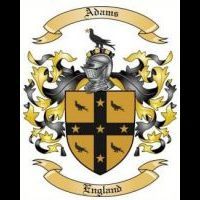-
Recently Browsing 0 members
- No registered users viewing this page.
-
Similar Content
-
Not that many of you want to know, but some of my thoughts on free will 1 2 3 4 5
By Omegaman 3.0,
- free will
- determinism
- (and 4 more)
- 46 replies
- 5,314 views
-
- 1 reply
- 519 views
-
- 1 reply
- 701 views
-
- 28 replies
- 3,526 views
-
- 42 replies
- 2,282 views
-








Recommended Posts